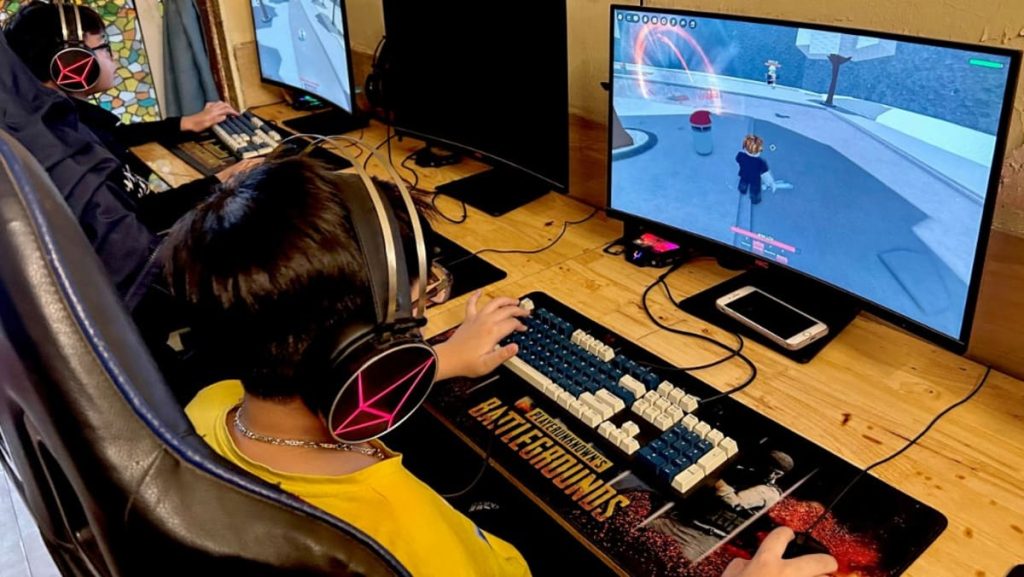Decree 147, Vietnam’s latest foray into internet regulation, has taken effect, raising concerns about freedom of expression and online privacy. This new legislation mandates stringent requirements for tech companies operating within the country, particularly targeting social media giants like Facebook and TikTok. These platforms are now obligated to verify user identities through phone numbers or national identification numbers, storing this sensitive information alongside users’ full names and birthdates. Furthermore, the decree compels these companies to provide this data to Vietnamese authorities upon request and swiftly remove any content deemed “illegal” by the government within 24 hours. Critics argue that this broad definition of “illegal” content, coupled with the government’s history of suppressing dissent, creates a chilling effect on online discourse and allows for the arbitrary targeting of individuals critical of the regime.
This move is seen by many as an escalation of Vietnam’s existing efforts to control online narratives and stifle dissenting voices. The decree builds upon the controversial 2018 cybersecurity law, which drew criticism internationally for its resemblance to China’s restrictive internet censorship practices. The new regulations are particularly concerning given Vietnam’s track record of swiftly silencing critics, especially those who gain traction on social media platforms. The arrest of blogger Duong Van Thai in October 2023, who had amassed a significant following on YouTube for his critical livestreams, serves as a stark example of the government’s willingness to suppress online dissent through lengthy prison sentences. Decree 147 adds another layer to this existing framework, further empowering the government to monitor and control online speech.
The impact of Decree 147 extends beyond political expression, significantly affecting the burgeoning social commerce landscape in Vietnam. The requirement for verified accounts to conduct livestreams poses a challenge to the growing number of individuals who rely on platforms like TikTok for their livelihoods. This restriction could disrupt the thriving online marketplace and limit opportunities for small businesses and entrepreneurs who leverage social media for sales and marketing. While proponents of the decree may argue that it aims to combat fraud and ensure accountability, critics contend that its broad scope and vague language could stifle innovation and economic activity within the digital sphere.
The implications of Decree 147 are far-reaching, affecting both individual users and tech companies. For users, the requirement to link their online identities to government-issued identification raises significant privacy concerns. The potential for data breaches and misuse of personal information by authorities is a serious threat, especially in a country where dissent is often met with harsh repercussions. For tech companies, complying with the decree presents a complex challenge, requiring significant investment in data storage and verification systems, as well as navigating the ambiguous definition of “illegal” content. These companies now face the difficult task of balancing their business interests with the ethical implications of collaborating with a government known for suppressing freedom of expression.
The Vietnamese government justifies these new regulations as necessary measures to combat online crime, protect national security, and prevent the spread of misinformation. However, human rights organizations and internet freedom advocates argue that these justifications are a pretext for tightening government control over online spaces and silencing critical voices. They point to the vague wording of the decree and the lack of independent oversight as evidence that the true intent is to stifle dissent rather than address legitimate security concerns. The requirement for social media platforms to provide data on user activity to the government further raises concerns about surveillance and the potential for targeting individuals based on their online behavior.
The international community has expressed concern about the implications of Decree 147 for freedom of expression and human rights in Vietnam. Organizations like Human Rights Watch and Amnesty International have called on the Vietnamese government to revise the decree to ensure it aligns with international standards on freedom of expression and privacy. However, the Vietnamese government has defended its actions, claiming they are necessary to maintain social order and combat harmful online content. The clash between the government’s desire for control and the international community’s calls for greater respect for human rights underscores the ongoing tension between authoritarianism and democratic values in the digital age. The long-term impact of Decree 147 on Vietnam’s online landscape and its citizens’ fundamental freedoms remains to be seen.

